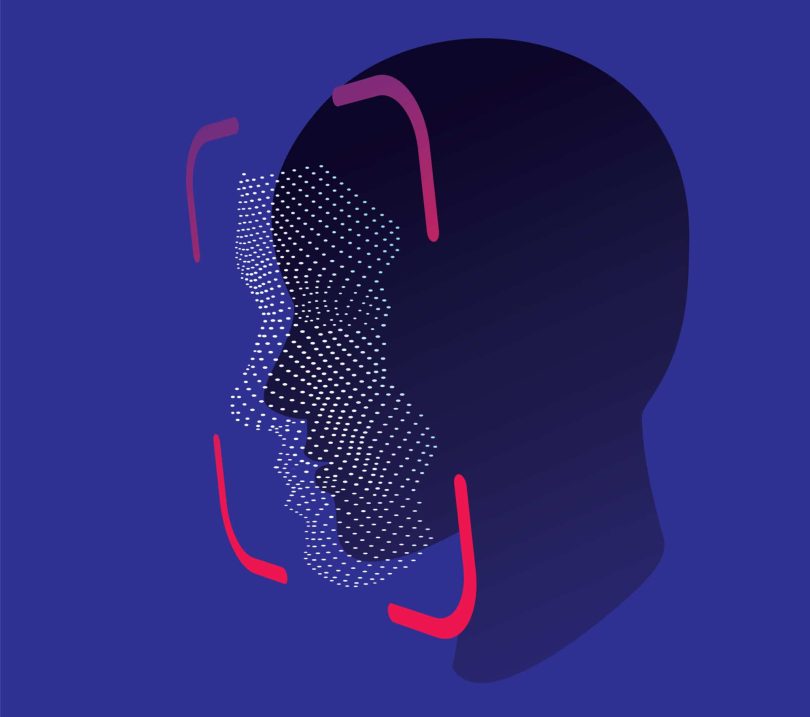[ad_1]
From hospitals to cosmetics counters, facial biometrics technology continues to be adopted for novel uses across industries — and at the FIFA World Cup in Qatar.
According to PYMNTS, facial verification technology firm Pop ID‘s partnership with Visa to pilot a point-of-purchase payment authentication solution based on face biometrics at select shops in the Gulf nation if just one example of new deployments of the modality. (Mastercard is not far behind in pursuing facial recognition; the credit card giant announced that it would likewise be exploring Pop ID’s solution into its Biometric Checkout Program.)
Latte-sipping football fans might find it novel to be able to pay with their faces. But that’s unlikely to be the case for long. A group of the world’s leading event organizers recently gathered in Pamplona, Spain to discuss the vast potential for using face biometrics at a wide variety of events. According to a news release, authentication firms Veridas and dasGate were on hand to demonstrate their solution, deploying facial scans to grant attendees access to the cathedral refectory where the event was hosted.
Quim Domenech, who is the senior vice president of content at the global sports streaming platform DAZN, said he could see how Veridas and dasGate’s system could make life easier for event organizers and audiences alike. “Applied to the world of sport and the experience of going to a stadium, it is a handy tool,” he said. “I hope more clubs get involved, because it will make life easier for both fans and football clubs.” Similarly, Stefano Domenicali, CEO of Formula 1, said the technology “has a great future.”
Finance also banking on face biometrics
Happy football fans mean money in the bank—and the financial sector is exploring artificial intelligence (AI) and biometric facial recognition for its own purposes, through electronic Know Your Customer (eKYC) protocols and processes. A Cyberlink announcement details how, using AI-enhanced authentication technology, eKYC aims to deter fraud and other financial crimes. Facial recognition also brings ease-of-use and speed to the banking, brokerage and insurance industries, by reducing the lag times between user sign-up and access to services that can hamper traditional KYC practices—and brings down costs in the process.
Meanwhile, back in the Gulf, PYMNTS reports that the Dubai International Financial Center has incorporated biometric technology from Faceki into a new digital vault platform called “tejouri”— a secure digital storage solution that lets users access sensitive documents from anywhere in the world, using facial biometric authentication.
Doctor, is the patient a Ghanaian?
Cost is a factor in any sector, but perhaps none more urgently than healthcare. A VisionLabs release says that facial recognition tech could be a key tool to help healthcare providers combat insurance fraud. Introducing face authentication to patient registration processes, it says, “is a natural evolution that provides at least three key benefits: improved customer experience, efficient patient processing, and protection from insurance policy fraud. With healthcare fraud estimated to be about $54 billion a year in America, leveraging facial recognition technology in a hospital system is sure to drastically reduce these types of fraud losses.”
The healthcare sector might seek advice from the government of Ghana, which, according to Joy News, claims that its facial recognition app has saved it 112 million cedis (about $8.5 million in U.S. currency) by detecting ineligible candidates for its National Service Scheme.
In India, Uber’s face biometrics login system prefers you keep the beard
As with any new technology, not every novel use of face biometrics is completely successful. MIT Technology Review reports that, in India, Uber’s Real Time ID Check facial recognition system has been locking drivers out of their accounts, unable to process low lighting conditions or changes to some drivers’ facial hair. One driver claims to have lost his primary income when Uber’s platform was unable to identify him from a selfie, after he shaved his head for a religious ceremony. India has 600,000 Uber drivers, and many more who work for other ride sharing services that use similar, selfie-based facial authentication processes — so the accuracy of this technology has implications for millions of workers. Lack of light can make it hard for facial recognition software to convert faces into a series of points, and the points can change with different facial hair, meaning a haircut or a moonless night could pose a risk to a driver’s livelihood.
The lessons for coffee drinkers, football fans and hospital patients, then, may be this: do not stop to shave off your beard on the way to the big event, and if submitting a selfie, take it indoors.
Article Topics
access control | biometrics | CyberLink | face biometrics | facial authentication | financial services | healthcare | identity verification | Veridas
[ad_2]
Source link








